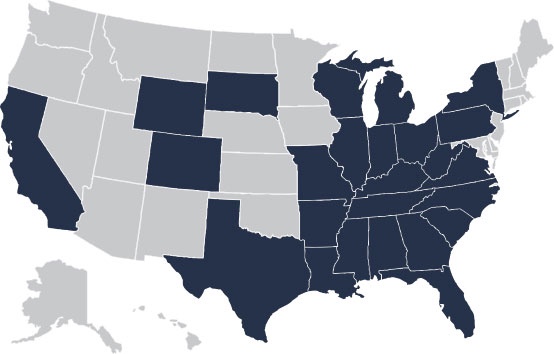For some years, much has been written about the dangers of the “July effect” in nursing homes, hospitals and healthcare in general. This theory holds that the influx of new residents, fellows and interns at nursing homes and hospitals every July causes a decline in patient care, an increase in surgical errors and a rise in nursing home and healthcare related negligence issues.
However, a recent study by researchers from the Mayo Clinic and the University of Virginia Health System analyzed spinal surgeries to learn if the alleged effect was increasing the probability of negligent events. After searching the Nationwide Inpatient Sample, the most extensive available database on hospitalized patients in the US, researchers found that any “July effect” was negligible, at most.
The results, published in the Journal of Neurosurgery: Spine, indicate that, for the years 2001 through 2008, the rates of “postoperative infection and patient discharge to a long-term facility” were somewhat higher during July of each year. Although the higher rate of incidents was small, it was deemed significant, because the sample size was so extensive.
They also noted that, although there was an increase in post-surgical infection and discharges to long-term care facilities such as nursing homes, hospital mortality and other postoperative problems remained consistent. They found no July effect for high-risk patients or those choosing elective surgery for spine conditions. In addition, no July increase in events affected patients having “simple spinal procedures.”
Not surprisingly, researchers also found an increase in incidents at teaching hospitals when compared to non-teaching facilities. Study leaders noted that, in teaching hospitals, there were “small but statistically significant higher rates” of post-surgical infections and discharges to long-term care facilities.
While this study cast serious doubt on the validity of the “July Effect” one of the greatest causes of abuse, neglect and injuries due to falls in nursing homes and long-term care facilities is actually under-staffing. The lack of qualified medical professionals and staff in many of Kentucky’s nursing homes has contributed to increases in citations due to patient injury, neglect and overall poor care.
HLH represents the families of patients who have suffered injuries from falls, neglect and abuse. We hold nursing homes accountable and seek full and fair compensation for those patients and their families. Contact HLH or call (866) 583-9701 for a free consultation to protect your loved ones.

